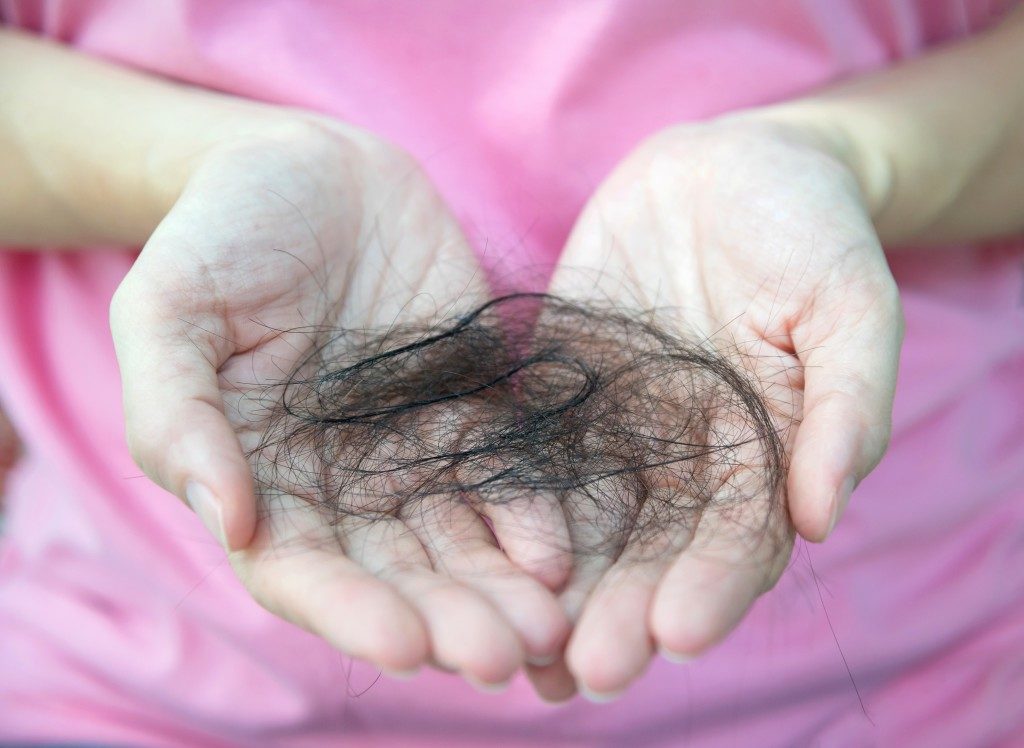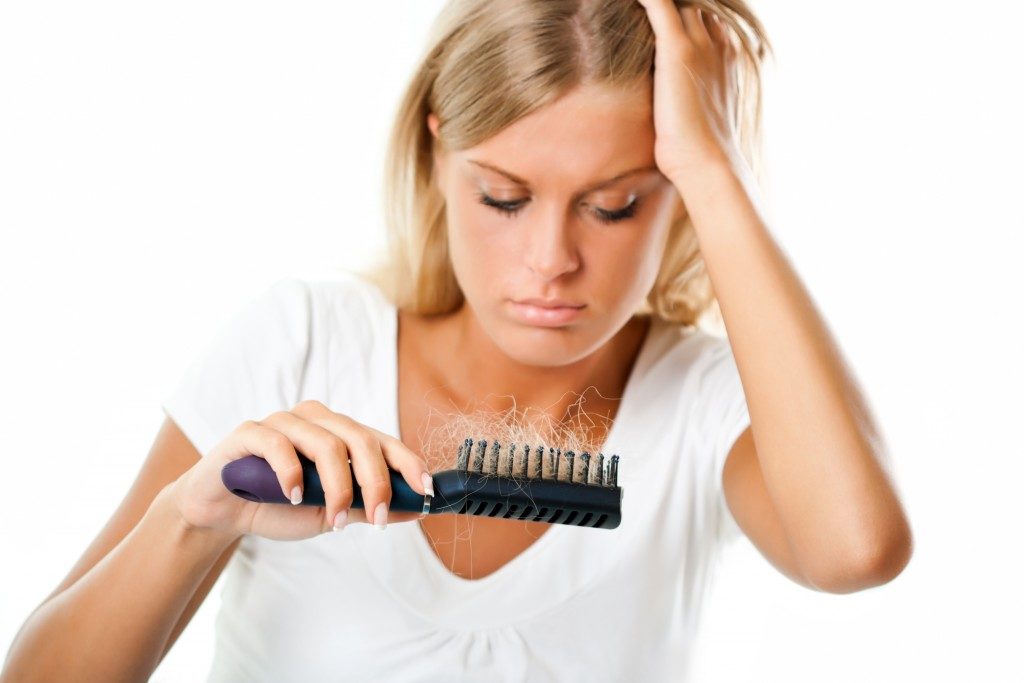Our appearances play a crucial role in our everyday lives. Not only does it affect how we see ourselves, but the perception of other people as well. And of all our physical characteristics, our hair is perhaps the most important part of our looks. This is usually the first thing that people notice, and the state of our hair can give them an indication of how we take care of ourselves.
This is why we need to maintain or improve the health and state of our hair, so we can project our best selves. We can do this through constant washing and occasional treatments. However, there are some people who face hair troubles, like hair fall, on the daily.
Why Does Hair Fall?
Hair fall is part of the natural body process. We tend to lose about a hundred strands a day through different ways, like thinning of hair or the sudden loosening of it. Hair loss isn’t always noticeable given that it’s replaced by new hair.
There are times when the replacement doesn’t grow fast enough, though, which can result in bald spots. Depending on the circumstances, this can be reversible or treated through other means. Stress is one of the most cited causes of hair loss. It can trigger three different kinds.
- Telogen Effluvium – Our hair cycles through three phases: growth, transitional, and resting phases. Telogen effluvium is a temporary hair disorder that occurs when we experience extreme stress. This leads to our bodies producing more cortisol, which can hinder the phases of our hair cycle and leave it in the resting stage. Hair loss caused by this condition often occurs in patches around the temples and the center of the scalp.
- Alopecia Areata – This is an autoimmune disease that develops when the immune system starts attacking the hair follicles. This can be triggered by many things, one of which is stress. People who have alopecia may experience hair loss in the form of round patches across the entire scalp. If the condition worsens, it’s possible to lose hair from other parts of the body, too.
- Trichotillomania – Sometimes, hair fall isn’t caused organically. People who have trichotillomania get the impulse to pull out their hair even when they aren’t in high-pressure situations. This disorder often develops during a person’s teenage years.
What Can You Do?

Hair loss can be irreversible, but it doesn’t mean that you have to suffer from low self-esteem because of it. Thanks to modern technology, anyone can get hair replacement after seeing a specialist in New York or any other city. These experts typically have three recommendations: wigs, toppers, or semi-permanent hair additions.
Aside from hair replacements, those who are suffering from stress-induced hair fall can look into management classes. Professionals in charge of these lessons are capable of teaching their students better ways to handle stress and anxiety. Hormone therapy is recommended to those who are facing the prospect of menopause.
Accompanying this should be a careful look at one’s diet since that is a major factor that can affect the hair, too. Eating healthier and taking the appropriate vitamins can help in bringing back what was once lost.

